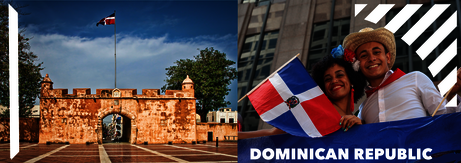Summary of operations
Road Infrastructure: Financing for 148 kilometers of highways.
Energy: Financing for the generation of 80 megawatts of clean renewable energy.
Agro Sector: US$ 60 million for the strengthening of the agricultural sector with a sustainable technological approach.
A 228% increase in the amount estimated in the 2021-2026 country strategy, reaching US$ 1.8 billion. In the previous five-year period the disbursement amounted US$ 533.9 million.
PROJECTS
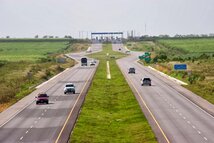
Coral Highway Project
It consisted of the construction of a 70-kilometer-long, 4-lane highway, for which financing of US$70.0 million was allocated.
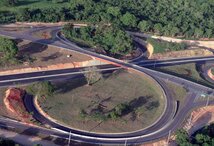
Improvement and Expansion of the Eastern Road Corridor for road sections
San Pedro de Macorís-La Romana Section, La Romana Beltway Section and Eastern Tourist Boulevard Section, totaling 78 kilometers in length and representing the best road infrastructure in the country.
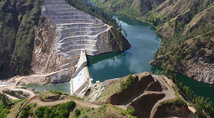
Palomino Hydroelectric Project
With a clean and renewable energy generation capacity of 80 megawatts, it is located in the Province of San Juan. For its execution, the Bank allocated financing for a total amount of US$ 130.0 million
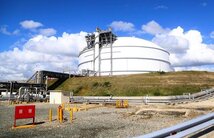
Construction of a 50-kilometer gas pipeline in San Pedro de Macorís
Loan in favor of AES Dominicana for a total amount of US$54.00 million.
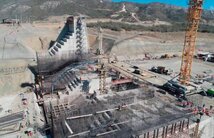
Montegrande Multipurpose Dam Project Phase III
With current financing of US$249.6 million
CABEI announces US$60 million program to strengthen financing for the Agricultural Sector with a Technological and Sustainable Approach in the Dominican Republic
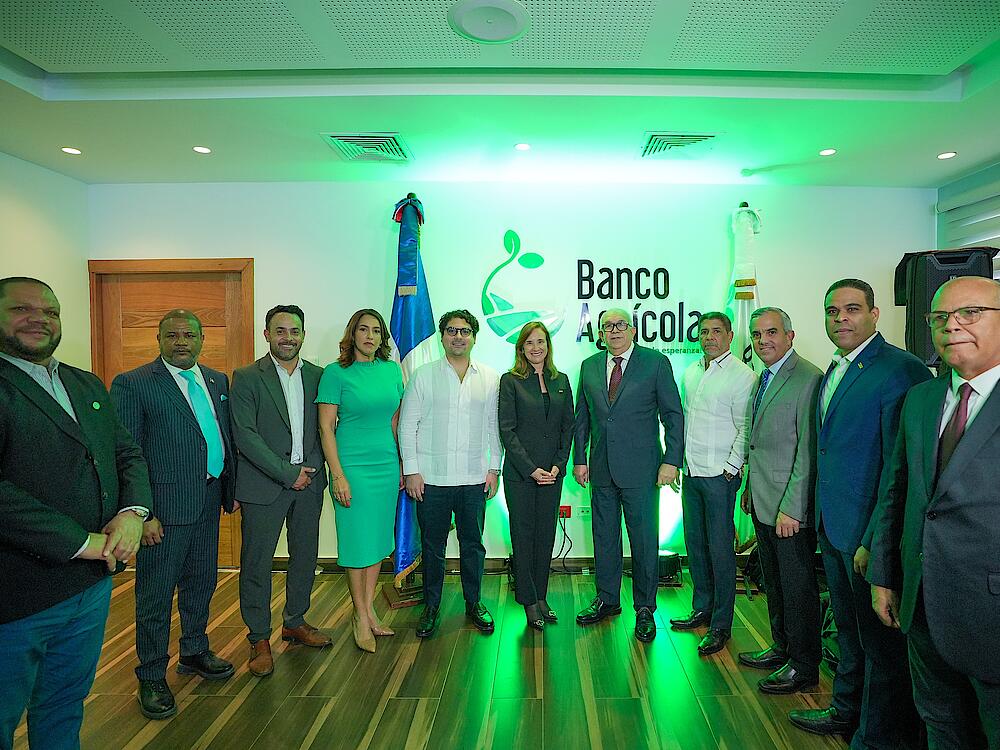
Santo Domingo, March 5, 2024 - With the aim of strengthening the Dominican agricultural sector, the Central American Bank for Economic Integration (CABEI) formalized an investment of RD$3.3 billion (US$60 million) through the Banco Agrícola and the Ministry of Agriculture to help boost the supply and orientation of agricultural credit and technical assistance services for small and medium-sized farmers in the Dominican Republic.
During the launch of the project ¨Strengthening Financing for the Agricultural Sector with a Technological and Sustainable Approach in the Dominican Republic¨ held at Banco Agrícola, they emphasized that the project combines credit with training. In addition, loans are granted to economically weak agricultural entrepreneurs, in order to promote the expansion of production and marketing of agricultural products and thus generate the competitiveness and sustainability of this sector.
The event was attended by the Minister of Agriculture, Limber Cruz, the Administrator of the Agricultural Bank, Fernando Duran, CABEI Executive President Gisela Sanchez, CABEI Director for the Dominican Republic, Hostos Rizik, and CABEI Country Representative in the Dominican Republic, Manuel Ogando.
CABEI Executive President, Gisela Sanchez, highlighted "We are committed to promoting the modernization, productivity and competitiveness of the productive sectors, thus generating well-being and economic development in the Dominican Republic.
For his part, CABEI Director for the Dominican Republic, Hostos Rizik, said, "We are proud to support the strengthening of the agricultural sector, contributing directly to the development of our farmers and generating a positive impact on the economy.”
CABEI reaffirms its commitment to promoting sustainable competitiveness and human development in the region, strengthening the economic and social factors that determine the region's capacity to effectively insert itself into world markets and improve the quality of life of the region's inhabitants.

